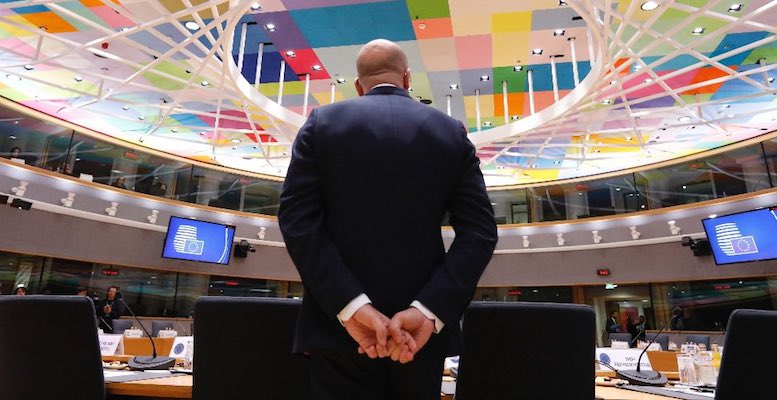Hungary and Poland were not critical of the European 2021-2027 Budget. However, as they could not veto the Rule of Law Mechanism, which is approved by qualified majority, they had applied pressure by blocking the Budget, which requires unanimity in some of its most technical aspects. The European Council has now reached an agreement on the Rule of Law Mechanism’s application that convinces Hungary and Poland and the rest of the 25. One of the issues in the agreement states that the European Commission commits to not developing the specific regulation on this Mechanism, nor publishing the guidelines that will structure its working until the EU’s Court of Justice has ruled on whether the mechanism is fully in accordance with European law or not. This may take between six months and two years, depending on when the appeal is made to Luxembourg and the urgency with which the judges deal with it. In practice, this means that it will not be possible to suspend payments to countries that violate the fundamental principles of the bloc for at least two years.
Therefore, the greatest financial effort in the history of the European Union will be approved: 1.07 trillion euros in the 2021-27 budgetary framework and a further 750 billion in the recovery fund to alleviate the pandemic’s effects. Aid from this fund, distributed in the form of grants and loans, could begin to flow from June 2021. The southern Europe countries are the main beneficiaries of the programme. Spain could access 140 billion euros with subsidies and loans combined, with the condition they have to be earmarked mainly to green (at least 37%) and digital (at least 20%) investments.
The negotiation has also led to the approval of a more ambitious schedule for the reduction of emissions, going from the objective of 40% to 55% in 2030.





